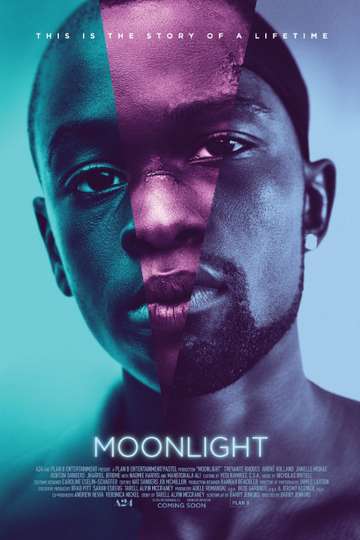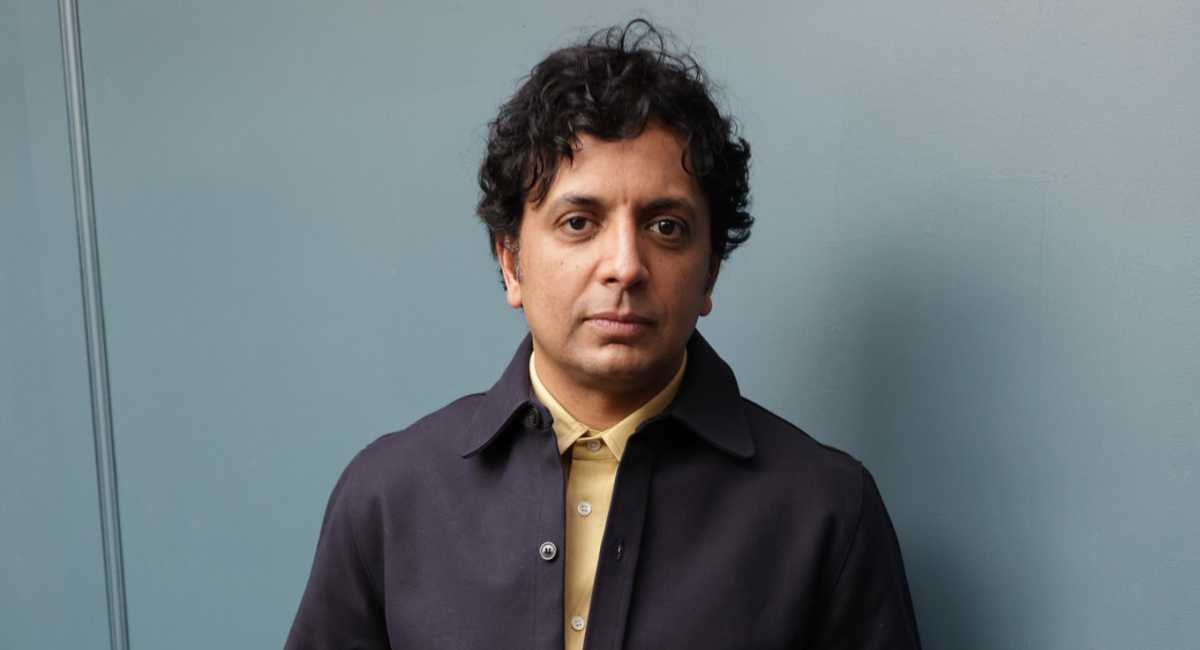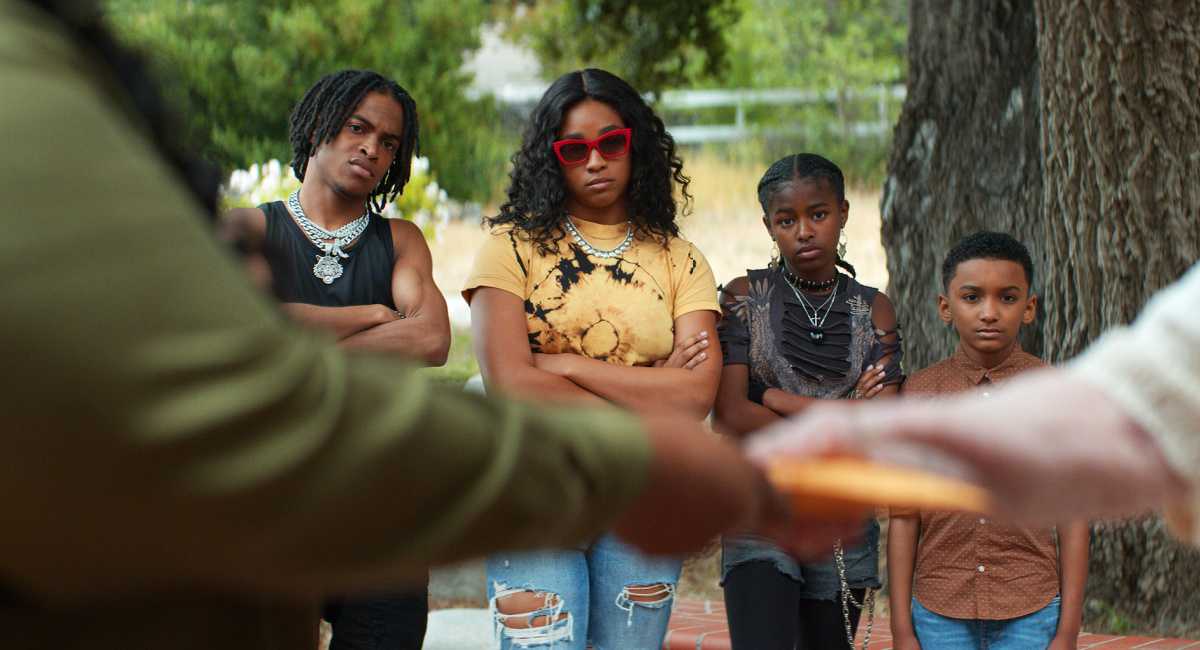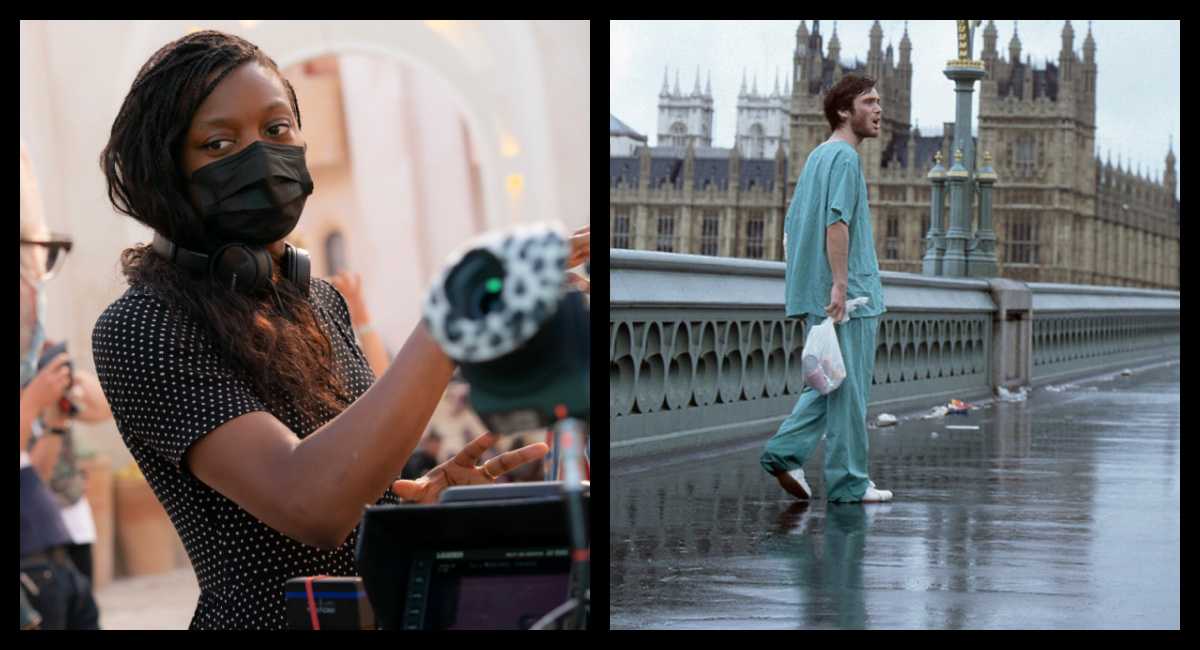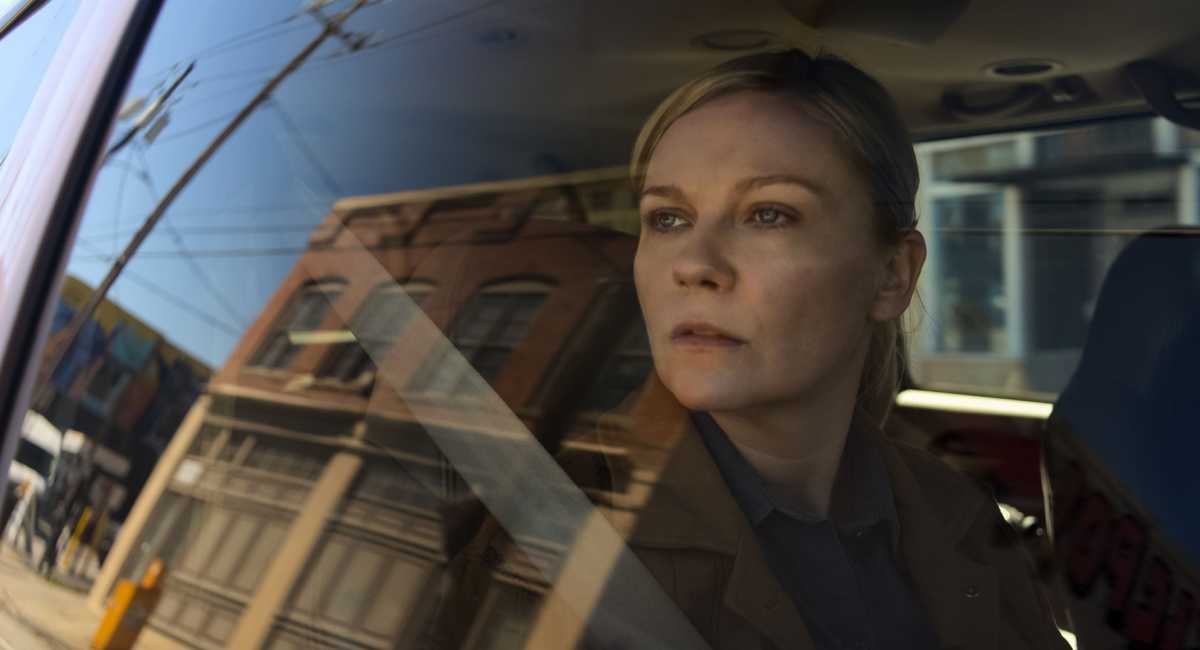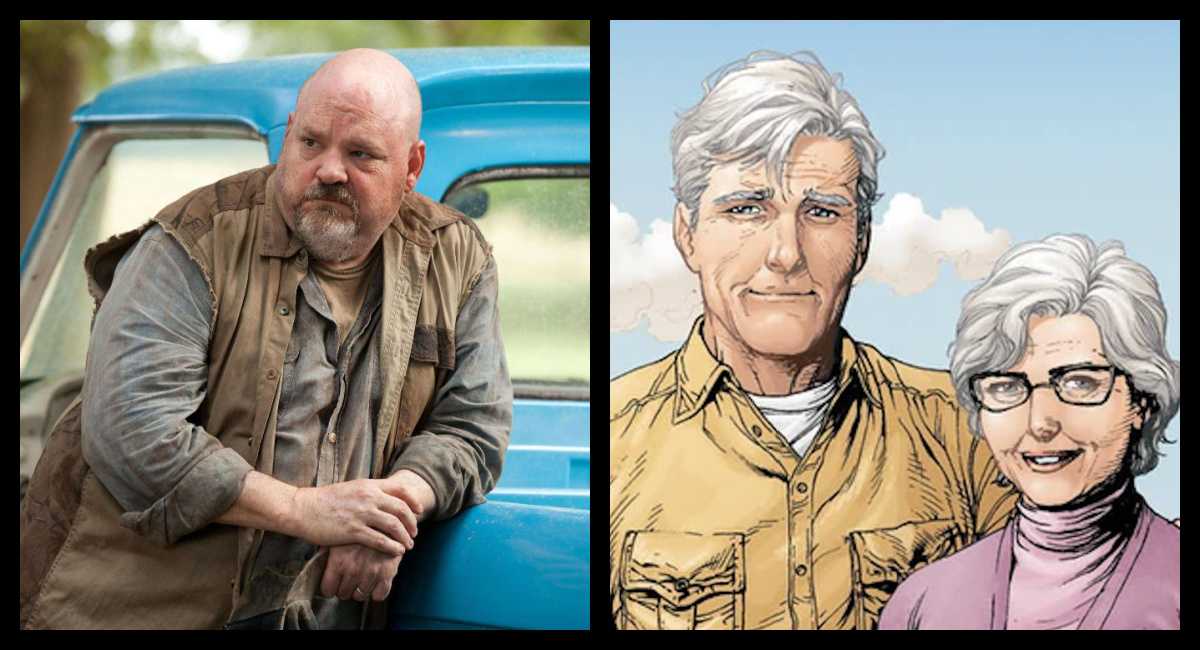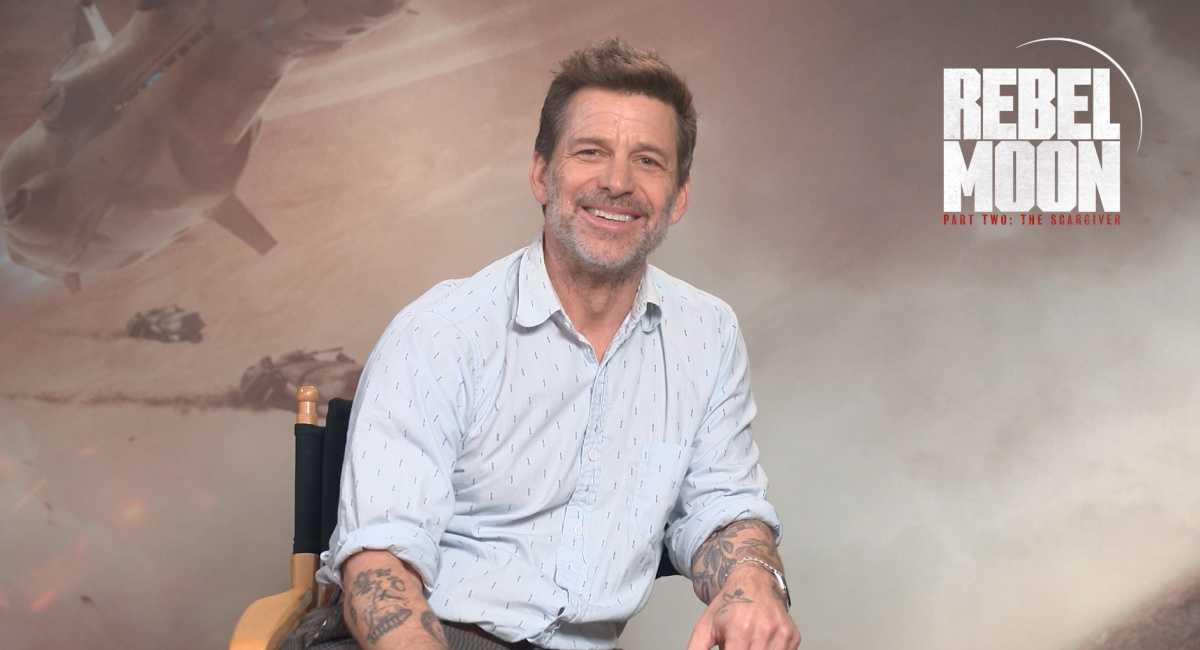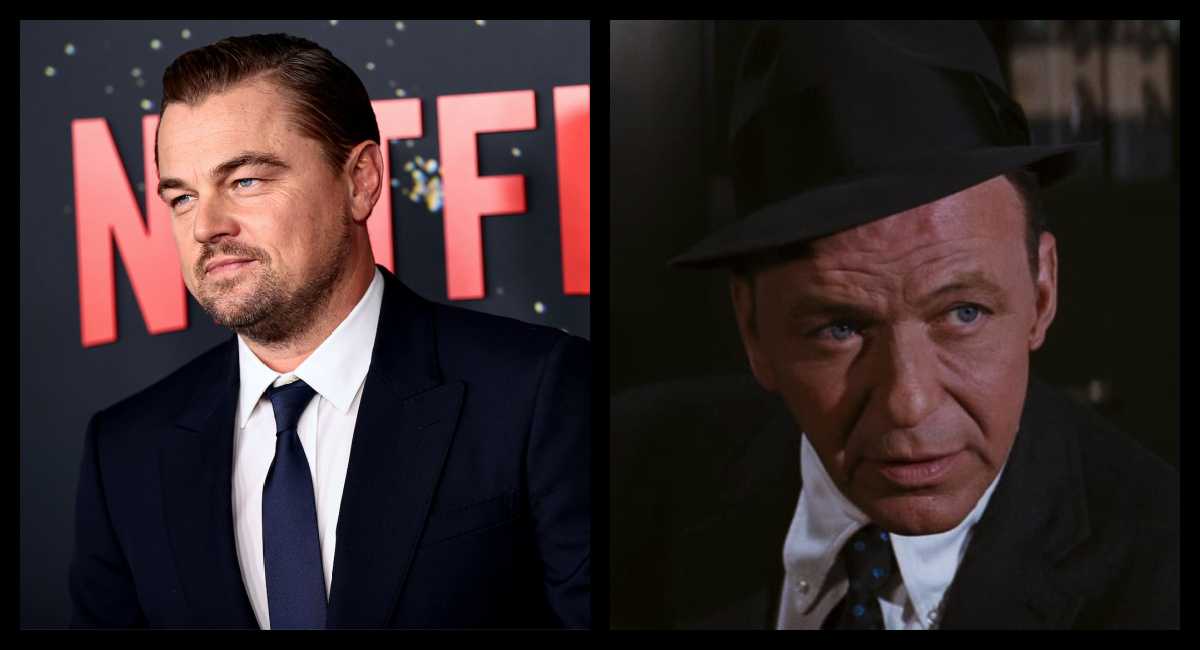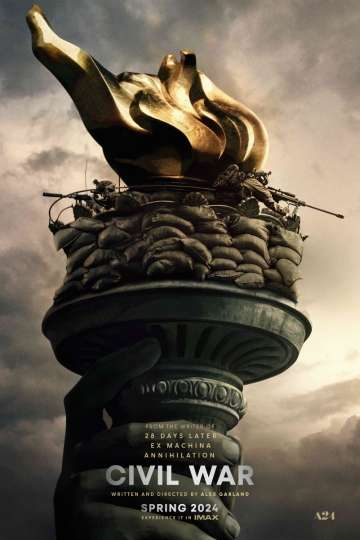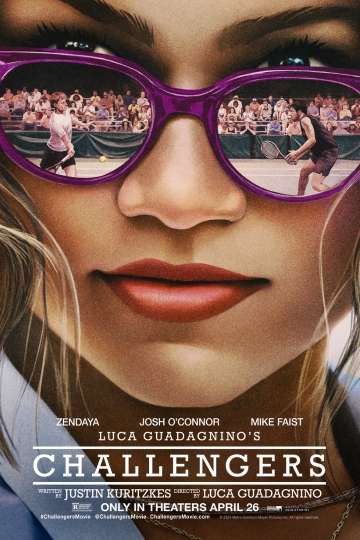Why 'Moonlight' vs. 'La La Land' Could Be the Best Oscar Race Ever
At least no one can say the Academy didn't do something about #OscarsSoWhite.
The 2017 Academy Award nominations yielded Best Picture nods for four movies about people of color ("Fences," "Hidden Figures," "Lion," and "Moonlight"), seven acting nods for performers of color, plus behind-the-scenes nominations for non-white filmmakers in such categories as directing, screenplay, and cinematography.
What this year's Oscars may come down to is Hollywood's own self-regard. That'll be measured by the support for "La La Land," the front-runner with 14 nominations -- a record tied only by "All About Eve" and "Titanic." Its next closest rivals, "Moonlight" and "Arrival," both got eight nominations.
"Arrival" is a technically accomplished film whose plot about earthlings wary of alien interlopers seems like a parable for the "Build that wall!" era. But science fiction is generally a hard sell for the Academy (as are genre films in general), and the voters' failure to nominate Academy favorite Amy Adams for her lead performance implies that support for "Arrival" is softer than its eight nominations would suggest.
So it looks like "La La Land"-vs.-"Moonlight" is the narrative that will shape the rest of the awards race. It'll be the frothy musical vs. the gritty drama, the Hollywood dream factory vs. the Miami projects.
Both movies are the product of visionary writer/directors, and both films have been praised for their lyricism, visual poetry, and spirit-lifting qualities. Both are highly personal stories that generally avoid references to politics, topicality, or the world at large outside the characters' cloistered worlds -- the epic-mindedness that Oscar voters often reward.
How will the voters decide? In the end, it will come down, as it always does, to the face Hollywood wants to present to the world, its idea of what best represents the movie industry today.
In the past, movies about show business or Hollywood seldom made it all the way to a Best Picture win. They weren't considered serious enough, and they were thought to be too narcissistic, especially if some seemingly more important historical drama that engaged the wider world was in the running. But then came the upset 1999 victory of showbiz valentine "Shakespeare in Love" over World War II epic "Saving Private Ryan." In the last six years, the industry has had few qualms about rewarding its own navel-gazing, leading to such top-prize winners as "The Artist," "Argo," and "Birdman."
So a musical about Hollywood strivers, even one that points out the contrast between the dream of stardom and the hard work and constant rejection involved in its pursuit -- that is, between the image Hollywood presents to the world and the soul-crushing reality behind it -- stands an excellent chance at bringing home armloads of gold.
"Moonlight" presents a reality so far from that depicted in "La La Land" that it might as well be set on another planet. Its protagonist, a gay black youth from a broken family -- who lives in a drug-riddled housing project -- is someone that some industry insiders would seem to have a hard time identifying with. And yet his coming of age, his years-long search for love and acceptance, offers universal themes that should resonate with the voters who loved, say, "Boyhood."
There's also the remarkable track record of producing duo Dede Gardner and Jeremy Kleiner, who've landed Best Picture nominations for each of the past four years. All of their contenders have been socially conscious, from 2013 winner "12 Years a Slave" to 2014 nominee "Selma" and 2015 nominee "The Big Short."
"Moonlight" may be the least overtly political of the pair's films, but its clear that the Academy responds (as do audiences) to their ability to shepherd movies that present social issues with showmanship and artistry.
And then there's the groundswell of support behind this year's other African-American-focused films and performances. Don't forget, in response to the #OscarsSoWhite controversies of the past couple years, the Academy made a point of diversifying its membership. Would an older, whiter voting pool still have given eight nods to "Moonlight?" Maybe, since its virtuosity was undeniable.
Still, the fact that 2016 was a year full of awards-worthy work by people of color had to help push "Moonlight" -- a film that has made only a modest splash at the box office -- up toward the top of voters' stacks of screener DVDs.
Then again, that same, more diverse membership also gave 14 nods to "La La Land," a film with predominantly white actors and filmmakers, a movie whose virtuosity is equally undeniable. And maybe that's the best thing about a "La La Land"-vs.-"Moonlight" race: it won't necessarily be about which movie is more politically correct or has more lavish production values or looks more like America. (Which America?)
Rather, it could just be the kind of Oscar race we've always dreamed about but never actually seen: One that's all about talent, merit, and art.
Moonlight
The tender, heartbreaking story of a young man’s struggle to find himself, told across three defining chapters in his life as he experiences the ecstasy, pain,... Read the Plot
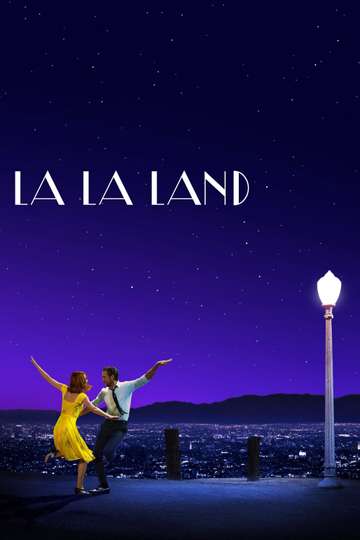
La La Land
Mia, an aspiring actress, serves lattes to movie stars in between auditions and Sebastian, a jazz musician, scrapes by playing cocktail party gigs in dingy bars,... Read the Plot

